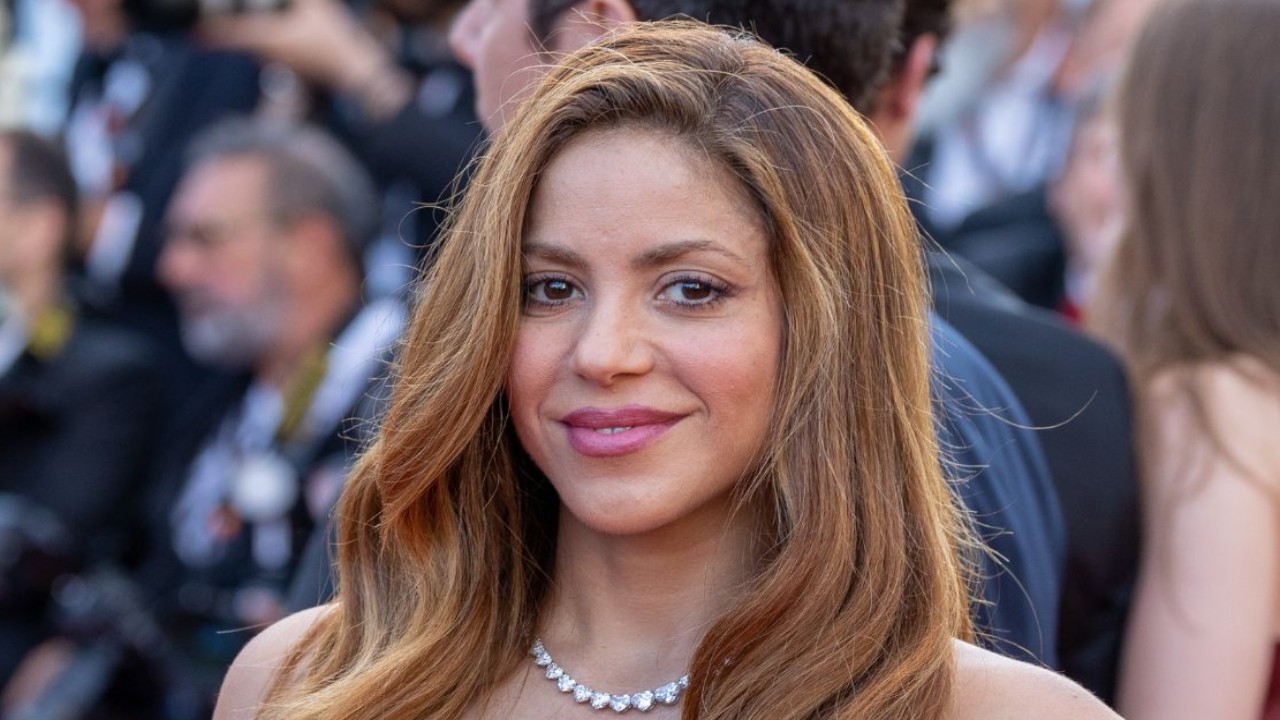Shakira, the Colombian songstress who has captivated audiences worldwide with her electrifying dance moves and powerful vocals, recently offered a candid glimpse into her artistic evolution. In an appearance on the popular interview series “Hot Ones,” the singer discussed how her approach to singing has transformed over the years, particularly regarding her signature yodel.
Reassessing the Yodel: A Signature Technique in Flux
Host Sean Evans prompted Shakira to reflect on aspects of her earlier music that might make her “cringe or wince” upon revisiting them. With characteristic humor, Shakira acknowledged a tendency to go overboard with her iconic yodeling technique.

“So many things. I think I used to overdo the cries in my voice,” she admitted, before demonstrating a snippet of the yodel for the audience. “I think it was exaggerated. A little baroque. You know? Too much Shakira.”
This playful self-deprecation highlights a conscious effort by Shakira to refine her vocals and artistry over time. The yodel, once a prominent feature in her early hits like “Whenever, Wherever,” may have taken a backseat as she explored new sonic landscapes.
Growth Beyond the Yodel: A Stronger Voice and a Maturing Artist
Shakira’s journey as a vocalist extends beyond stylistic choices. The singer noted how her voice has physically matured, attributing the change to motherhood. “I noticed that after my pregnancies, my voice got thicker, more rounded, more full,” she explained, referring to her two sons with former partner Gerard Piqué.
This physical change is mirrored by a broader artistic evolution. Shakira emphasizes her growth as a woman and intellectual, stating, “Also, my choices are more mature. I have evolved as a woman, as a person, my intellect has evolved.”
Embracing Transformation: A Continuous Process of Self-Evaluation
Shakira’s introspection doesn’t stop at “Hot Ones.” In a previous interview with Zane Lowe for Apple Music 1, she candidly confessed, “I used to suck.” This honest assessment underscores her commitment to continuous self-evaluation and artistic development.
“I feel that my voice keeps changing over the years, and I tell my [sons Milan and Sasha] that,” she elaborated, referencing how she listens to her older music with her children. “I sometimes listen to some music of mine with them. Not on purpose, but it happens, you know, maybe some song, some comes out on the playlist or on the radio or whatever.”
She continues, “I say, ‘I used to suck. But, I think I’ve evolved.’ I like myself much better now as an artist, but that’s only me.”
This openness to self-critique and a desire to constantly push boundaries reflect the mindset of a dedicated artist. Shakira’s willingness to acknowledge past shortcomings and embrace ongoing transformation are testaments to her artistic integrity.
A Legacy of Evolution: Shakira’s Enduring Influence
From the yodeling powerhouse of her early career to the more nuanced artist she has become, Shakira’s journey inspires a deeper appreciation for artistic growth. Her ability to evolve while remaining true to her Latin roots has cemented her status as a global music icon. As she continues to explore new sounds and expand her artistic horizons, one thing remains constant: Shakira’s unwavering passion for music and her dedication to her craft.
Maturation and Musical Growth:
Reflecting on her artistic journey, Shakira highlights the impact of motherhood on her voice, noting a noticeable change in its texture and strength post-pregnancy. This evolution, she explains, is not only physical but also reflective of her growth as a woman and as an artist.
Shakira’s Perspective on Personal Growth:
In various interviews, including her conversation with Zane Lowe for Apple Music 1, Shakira candidly discusses her growth as an artist and her evolving perspective on her own work. She acknowledges past insecurities and self-criticism but also celebrates the journey that has led her to embrace her present self with confidence and maturity.
Key Takeaways and Future Outlook:
Shakira’s introspective journey serves as a testament to the transformative power of self-reflection and growth. As she continues to evolve as an artist, her willingness to embrace her imperfections and celebrate her progress resonates with fans worldwide, reaffirming her status as a musical icon.




